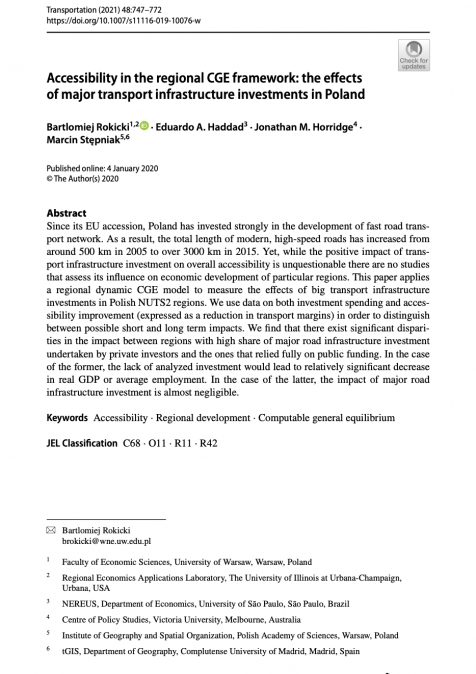Questions: 1/ Le Brexit est-il avantageux économiquement pour le Royaume-Uni ? 2/ Est-il possible de contourner l’équation de la frontière irlandaise ? 3/ Si sur le plan politique le Brexit est encore en discussion, dans les faits, et à certains égards, il est déjà réalité. Est-ce à dire que les dés sont jetés ?
Speakers









